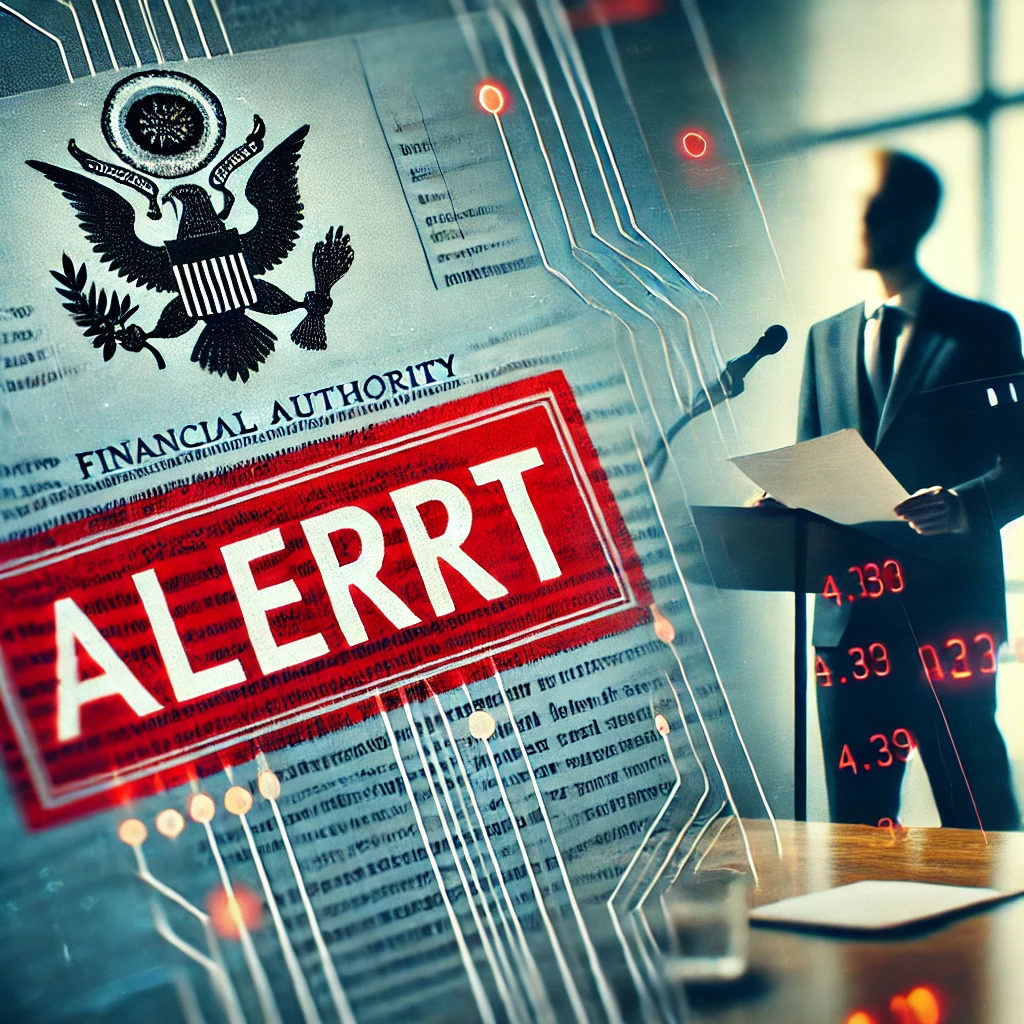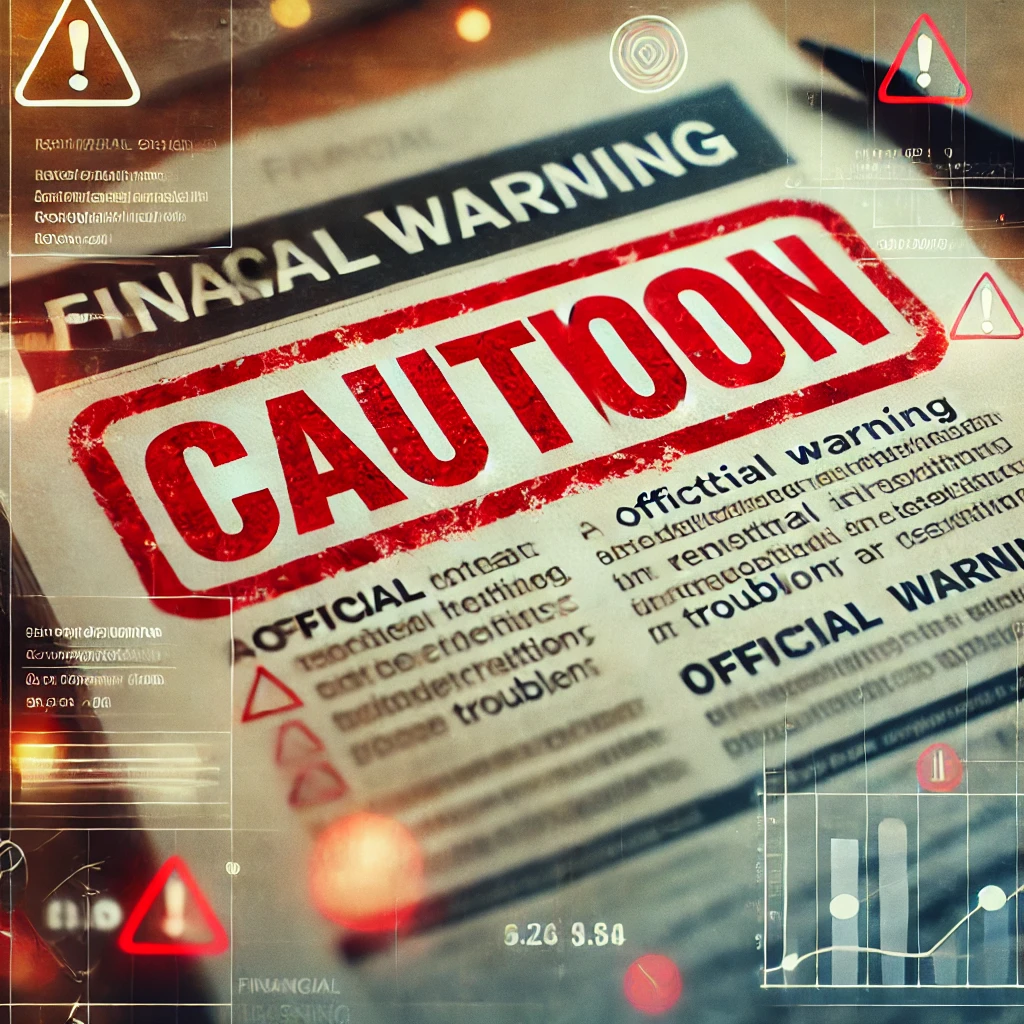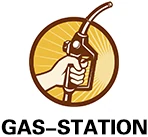Introduction

Gas Station VIP presents itself as a novel investment opportunity, blending cryptocurrency and gamification to promise daily returns for minimal effort. Operating under the domain gas-station.vip, it claims to offer a chance to “fuel your wealth” via tether (USDT) investments. Yet, beneath the flashy interface lies a troubling reality: allegations of fraud, regulatory red flags, and a structure screaming pyramid scheme. As of April 14, 2025, the Central Bank of Russia has flagged it, and victim complaints are mounting. This Risk Assessment and Consumer Alert dissects Gas Station VIP’s operations, affiliations, digital footprint, scam allegations, legal risks, and anti-money laundering (AML) vulnerabilities. Drawing on open-source intelligence (OSINT) and authoritative sources, we aim to shield investors, partners, and regulators from a scheme that thrives on deception in the volatile crypto arena.
Gas Station VIP’s Business Network: A Faceless Operation
Gas Station VIP operates as a multi-level marketing (MLM) platform, encouraging users to invest USDT for daily payouts tied to “VIP” tiers. It claims no physical products or services, only an affiliate membership model where users promote the platform to earn referral commissions. The website, launched July 15, 2024, offers no office address, regulatory license, or verifiable partnerships, shrouding its operations in secrecy.
No business network emerges. Unlike legitimate crypto platforms tied to audited custodians or blockchain developers, Gas Station VIP names no allies—no exchanges, no tech providers, no financial partners. Its domain registration is private, masking ownership. Claims of global reach contrast with its silence on operational hubs; speculation points to Russia or offshore havens like Seychelles, but no evidence confirms this. The absence of a corporate footprint—beyond a Telegram channel pushing sign-ups—suggests a lean, possibly nomadic setup designed to evade scrutiny. This anonymity is a hallmark of fraud, not innovation, in crypto’s trust-starved ecosystem.
The Faces Behind the Scheme: A Leadership Void
No individuals are tied to Gas Station VIP’s leadership.. OSINT yields no credible names—only anonymous Telegram admins urging deposits. Victim reports mention “support agents” with generic handles, likely pseudonyms for faceless operators.
This absence of human presence is deliberate. Legitimate ventures spotlight their teams to build trust; Gas Station VIP’s void suggests intent to dodge accountability. Speculation about Russian or Eastern European coders—given the Central Bank of Russia’s early warning—remains unproven. Without faces to scrutinize, stakeholders are left blind, a red flag in a field where transparency is non-negotiable.
Digital Footprint: Hype Over Substance
Gas Station VIP’s digital presence is a slick but shallow veneer. The gas-station.vip site, launched in July 2024, dazzles with neon graphics and bold claims: invest 5 USDT, earn 1 USDT daily; scale to 20,738 USDT for 4,938 USDT daily. It mimics mobile game aesthetics, branding itself a “clicker” where users tap to “fuel” returns. Social media leans on Telegram, with channels pushing promos, but X activity is sparse—early 2024 posts hyped “passive income,” only to fade as warnings grew.
Review platforms are grim. Trustpilot and Sitejabber lack direct entries, but scam trackers and forums—without quoting—report frozen wallets and vanished funds. Victims claim losses from $50 to $10,000, with withdrawals stalled or accounts locked post-deposit. The site’s FAQ dodges legal details, and support emails ghost users. This pattern—flashy front, silent backend—mirrors Ponzi traps, where hype lures victims before the inevitable collapse.
Concealed Connections: Offshore Shadows
Gas Station VIP’s hidden ties are a maze of suspicion. Its private domain shields ownership, but the Central Bank of Russia’s July 30, 2024, warning suggests links to pyramid fraud networks, possibly spanning crypto or MLM scams. No evidence names partners, but the platform’s USDT focus points to unregulated crypto wallets or exchanges, ideal for funneling funds offshore.
Speculation centers on havens like Seychelles or Belize, where shells thrive. Telegram’s role hints at decentralized ops—admin accounts could span countries, coordinating via encrypted chats. Referral commissions (10% level 1, 3% level 2, 1% level 3) suggest a syndicated structure, with top recruiters potentially steering the scheme. Without transparency, these connections remain guesses, but their absence screams intent: Gas Station VIP is built to vanish, not endure.
Scam Allegations: A Ponzi in Plain Sight

Gas Station VIP drowns in scam allegations, with the Central Bank of Russia labeling it a pyramid fraud just weeks after launch. Key accusations include:
No Products: The platform offers no tangible goods or services, only affiliate memberships—a classic Ponzi trait.
Unrealistic Returns: VIP tiers promise 20-23% daily returns (e.g., 5 USDT yields 1 USDT daily), unsustainable without new investor funds.
Withdrawal Blocks: Users report frozen accounts or demands for “verification fees” post-deposit, trapping cash.
Cold-Call Tactics: Aggressive Telegram promos and referral pushes mimic boiler room pressure.
Victim stories abound: one lost $2,000 after a VIP5 deposit, with support vanishing; another saw “profits” vanish when withdrawals failed. No regulator—FCA, SEC, MAS—licenses it, leaving investors exposed. The MLM structure, reliant on recruitment, seals its fate: payouts depend on fresh USDT, not real revenue, a textbook pyramid doomed to implode.
Legal Entanglements: Early Warnings, No Charges

Gas Station VIP faces no formal lawsuits or convictions, but regulatory heat is rising. The Central Bank of Russia’s July 2024 alert marks it as a pyramid scheme, urging investors to steer clear. No other regulators—SEC, FCA, or ASIC—have acted, likely due to its short lifespan and offshore veil. Victim complaints to police, especially in Russia and Eastern Europe, are growing, but anonymity stalls progress.
Sanctions are absent—no OFAC, EU, or UN lists tag Gas Station VIP or its operators. Yet, the Russian warning acts as a de facto ban, choking its legitimacy. Legal action may lag because crypto scams move fast, dissolving before courts catch up. Chargeback attempts via USDT are futile, as blockchain transactions are irreversible. If probes deepen, asset seizures could hit, but for now, Gas Station VIP slinks through legal gaps.
Media and Consumer Sentiment: A Rising Tide of Distrust
Adverse media hammers Gas Station VIP. Scam trackers brand it a “crypto Ponzi,” citing Russia’s warning and victim losses. Headlines scream caution: “Unregulated MLM” and “investment trap.” Trustpilot lacks reviews—its newness limits feedback—but forums and Telegram groups buzz with rage. Users report $100-$5,000 losses, decrying “fake profits” and “ghosted support.” A few early X posts, likely shills, praised “easy money,” but they’re buried by warnings.
Consumer sentiment is toxic. Victims feel burned, not just by losses but by betrayal—promises of “click-to-earn” crumbled fast. No positive reviews counter the narrative; even shill accounts faded by late 2024. This one-sided scorn reflects a platform that overpromised and underdelivered, its name now synonymous with fraud.
Financial Stability: A Ticking Time Bomb
No bankruptcy filings mark Gas Station VIP, but stability is a mirage. As an MLM with no products, it relies on new deposits to pay returns—a Ponzi’s death spiral. Launched in July 2024, it’s likely flush with early USDT, but payouts (20%+ daily) can’t sustain without exponential recruitment. Crypto’s volatility adds risk; a USDT dip could choke liquidity.
No assets—offices, tech, or reserves—are declared. Funds likely flow to private wallets, untouchable by creditors. Victims’ losses, funneled offshore, suggest a hit-and-run: collect, stall, vanish. This isn’t solvency—it’s the calm before collapse, a scheme poised to ghost when inflows dry up.
AML Vulnerabilities: A Crypto Conduit
Gas Station VIP’s AML risks are alarming, a perfect storm for illicit flows:
Unregulated Status: No KYC or AML compliance—USDT deposits are anonymous, ripe for layering.
Crypto Focus: Tether’s pseudo-anonymity shields transactions, ideal for laundering fraud or trafficking proceeds.
Offshore Veil: Private domains and potential havens (Seychelles?) obscure fund trails.
High Turnover: Rapid deposits and referrals mimic wash trading, cycling dirty money.
Imagine this: illicit USDT from a hack enters as a VIP3 deposit, earns “returns” from new victims, and exits to a wallet abroad—clean, untraced. Russia’s warning hints at such patterns, though no proof nails Gas Station VIP yet. Its structure invites abuse, a red flag for banks and regulators eyeing crypto scams.
Reputational Peril: A Name in Ruins
Gas Station VIP’s reputation is trashed. Russia’s pyramid label and victim outcries make it a pariah—legit partners, like exchanges, won’t touch it. Media and forums cement its fate: “avoid at all costs.” Investors face a no-win choice: risk funds on a flagged scheme or pivot to Coinbase or Kraken. A single exposé—say, a Telegram leak—could kill recruitment, starving the Ponzi.
Partners, if any, risk taint. Wallets handling its USDT could face AML probes; promoters, even unaware, might catch legal heat. In crypto, trust is fragile—Gas Station VIP’s name, once a lure, is now a warning, dead before it could grow.
A Fair Perspective: Misjudged or Malevolent?
Gas Station VIP might argue it’s a misunderstood startup. Crypto MLMs are trendy; high returns could reflect bold math, not fraud. Withdrawal issues might be tech glitches, common in new platforms. Russia’s warning, vague on proof, could overreach—crypto’s often scapegoated. Free affiliate entry suggests openness, not greed.
But these crumble fast. Legit platforms license with MAS or FCA, publish whitepapers, name teams—Gas Station VIP does none. Returns (20% daily) defy economics without recruitment, a Ponzi hallmark. Victim losses and stalled withdrawals aren’t glitches—they’re systemic. Transparency, not excuses, builds trust, and Gas Station VIP offers only shadows.
Consumer Advisory: Run, Don’t Walk
Investors eyeing Gas Station VIP face a digital minefield. Its VIP tiers and “clicker” game promise riches but deliver losses—no regulator backs you. Verify claims: check FCA, SEC, or MAS registries; demand ownership details; trace USDT wallets. Avoid deposits—crypto’s irreversible. If trapped, report to police, though recovery’s slim.
Businesses or wallets linked to Gas Station VIP should sever ties. Its AML and reputational risks could spark probes, staining your brand. Regulators, track its blockchain flows—USDT trails may lead to operators. Gas Station VIP’s anonymity reflects design, not chance; dismantle it before more fall.
Conclusion
Gas Station VIP is no investment—it’s a crypto-clad Ponzi, luring victims with gamified greed. Its faceless ops, unreal returns, and Russian ban expose a scam built to fleece, not flourish. AML risks loom: no KYC, offshore shadows, and USDT flows invite laundering. Reputationally, it’s radioactive—victims and warnings bury it.
Our verdict? Gas Station VIP is a predator, not a pioneer. Investors, flee to licensed exchanges; regulators, seize its wallets; banks, block its transactions. In crypto’s wild west, trust is rare—Gas Station VIP betrays it, a lesson in hype’s bitter cost. Stay vigilant, or pay the price.







